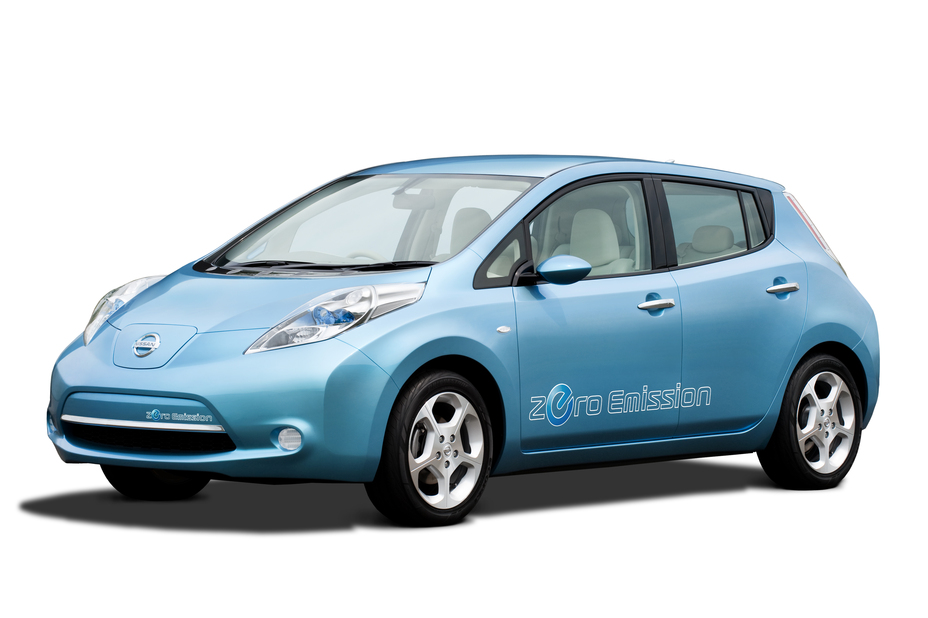

**Nissan to Halt Ariya EV Production and Focus on 2026 Leaf Development**
In a strategic adjustment aimed at reshaping its electric vehicle (EV) range, Nissan has revealed intentions to stop production of its Ariya model and shift attention to the next-generation Leaf, expected to debut in 2026. This choice highlights Nissan’s dedication to reinforcing its standing in the EV sector by redirecting resources toward models that better reflect impending consumer needs and technological progress.
**The Conclusion of the Ariya Era**
Launched as a premier electric crossover, the Nissan Ariya debuted to high expectations, symbolizing the manufacturer’s venture into the competitive EV crossover arena. Even with its cutting-edge design and sophisticated technology, the Ariya encountered hurdles in achieving substantial market traction. Challenges such as manufacturing delays, supply chain issues, and strong competition from other manufacturers contributed to its lackluster sales performance.
Nissan’s choice to stop Ariya production signifies a strategic shift, enabling the company to reallocate resources and concentrate on models with enhanced market influence. This action mirrors an industry-wide movement where automakers are simplifying their EV portfolios to focus on models that offer better returns and align with shifting consumer trends.
**Revamping the Leaf**
The Nissan Leaf, one of the early entrants in the electric vehicle sector, has been fundamental to Nissan’s EV strategy since its launch in 2010. With over ten years of existence in the market, the Leaf has proven itself as a dependable and economical choice for consumers seeking electric transportation. However, as the EV market adapts, so must the Leaf.
Nissan’s emphasis on the 2026 Leaf development indicates a renewed dedication to innovation and sustainability. The upcoming generation of Leaf is anticipated to incorporate state-of-the-art technology, extended range, and superior performance, meeting the rising demand for more efficient and adaptable electric vehicles. By prioritizing the Leaf, Nissan aims to reinforce its position as a frontrunner in the EV market and cater to a wider audience seeking eco-friendly transport options.
**Strategic Consequences**
This strategic redirection underscores Nissan’s forward-thinking approach to maneuvering through the swiftly evolving automotive environment. By zeroing in on the Leaf, Nissan is not only capitalizing on its established brand strength but also positioning itself to address the growing regulatory demands and consumer expectations for sustainable transport.
The decision to stop Ariya production and emphasize the Leaf’s development is also indicative of Nissan’s broader commitment to its Ambition 2030 vision, which sets forth the company’s targets for electrification and carbon neutrality. By concentrating on models that can generate significant market impact, Nissan seeks to hasten its transition toward a more sustainable and profitable future.
**Conclusion**
Nissan’s choice to stop Ariya production and emphasize the 2026 Leaf development signifies a major transformation in its EV strategy. By centering on the Leaf, Nissan is reaffirming its commitment to a model with demonstrated market appeal and prospects for future expansion. As the automotive landscape continues to change, Nissan’s strategic realignment positions it to adeptly tackle the challenges and opportunities of the electric vehicle era, ensuring its ongoing relevance and success in the global marketplace.






